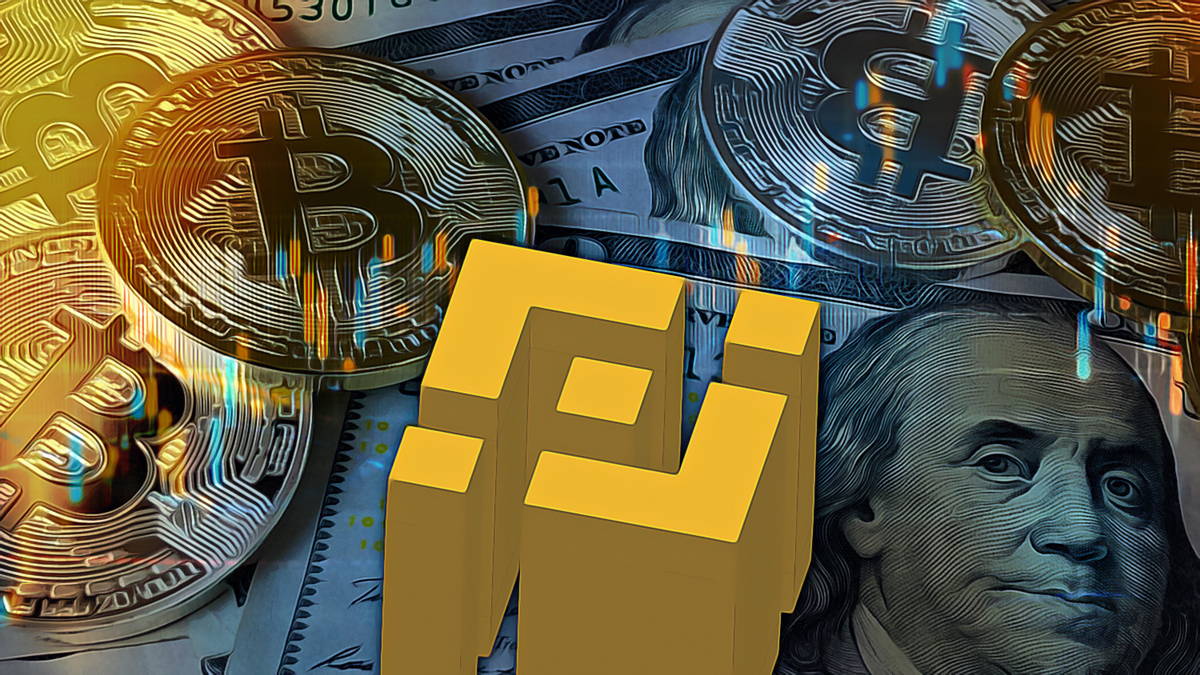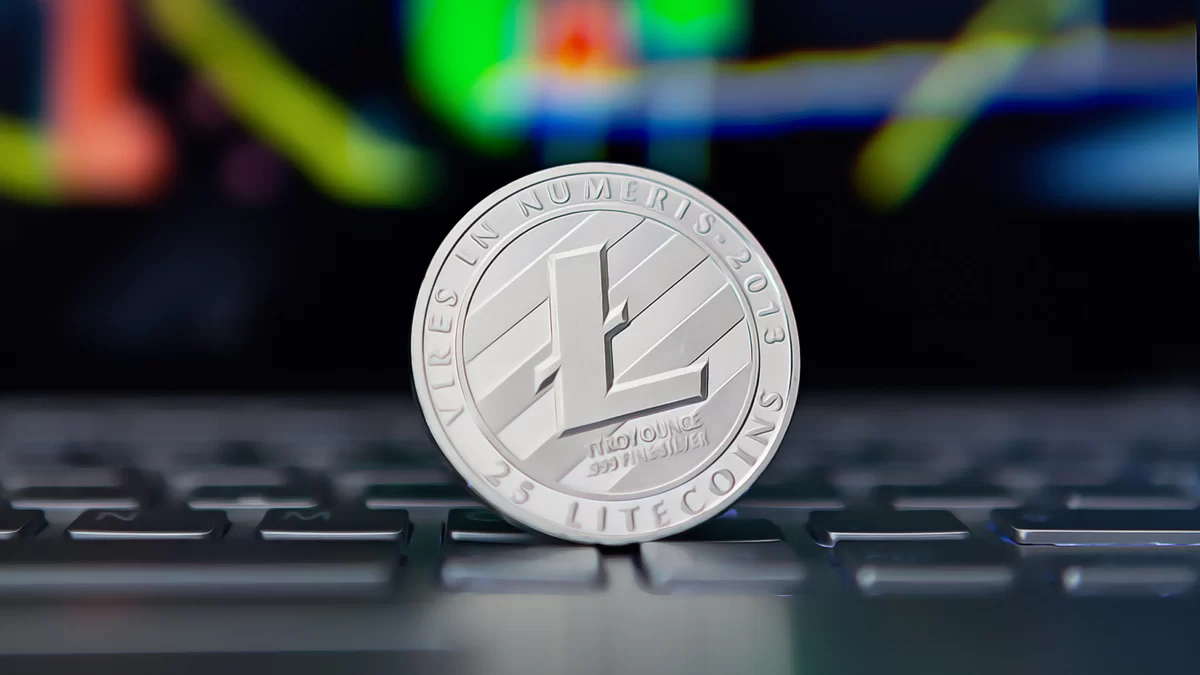The Gemini cryptocurrency exchange, founded by billionaire twins and regulated by the U.S. Securities and Exchange Commission (SEC), has initiated settlement discussions following a lawsuit concerning its halted asset lending program. The legal battle centers around allegations regarding the assets collected from investors under the Gemini Earn program.
Legal Proceedings and Allegations
In a lawsuit filed in January 2023, the SEC claimed that Gemini and cryptocurrency firm Genesis Global Capital violated securities laws during the Gemini Earn program, which aimed to generate interest for investors. These allegations emerged in relation to users lending their crypto assets through the program.
The lawsuit gained momentum after Genesis Global Capital halted withdrawals of approximately $900 million of user funds in November 2022. Following this event, the SEC asserted that Gemini bore legal responsibility due to its program.
Requests from the Parties
To facilitate negotiations, both parties requested the Southern District Court of New York to freeze deadlines related to the lawsuit for 60 days. This pause aims to allow both sides to evaluate the possibility of a settlement and develop a clear resolution strategy.
“We believe that allowing a pause for both parties while addressing this issue will prevent harm to any party’s rights and help conserve court resources. We respectfully request the court to accept our request for a 60-day pause, and we plan to submit a joint status report at the end of this period.”
After the pause, both parties hope to reach an agreement. Additionally, Gemini finds optimism in the SEC’s softer approach toward the cryptocurrency market, especially after resolving some legal disputes with Coinbase and Kraken.
Overall, a favorable progression of the lawsuit could save time and resources for both sides. Any potential settlement emerging from this legal process may contribute to reducing uncertainties in the market and boosting investor confidence. Given these developments, the resolution process that the parties undertake is deemed significant for regulatory bodies and market participants.









